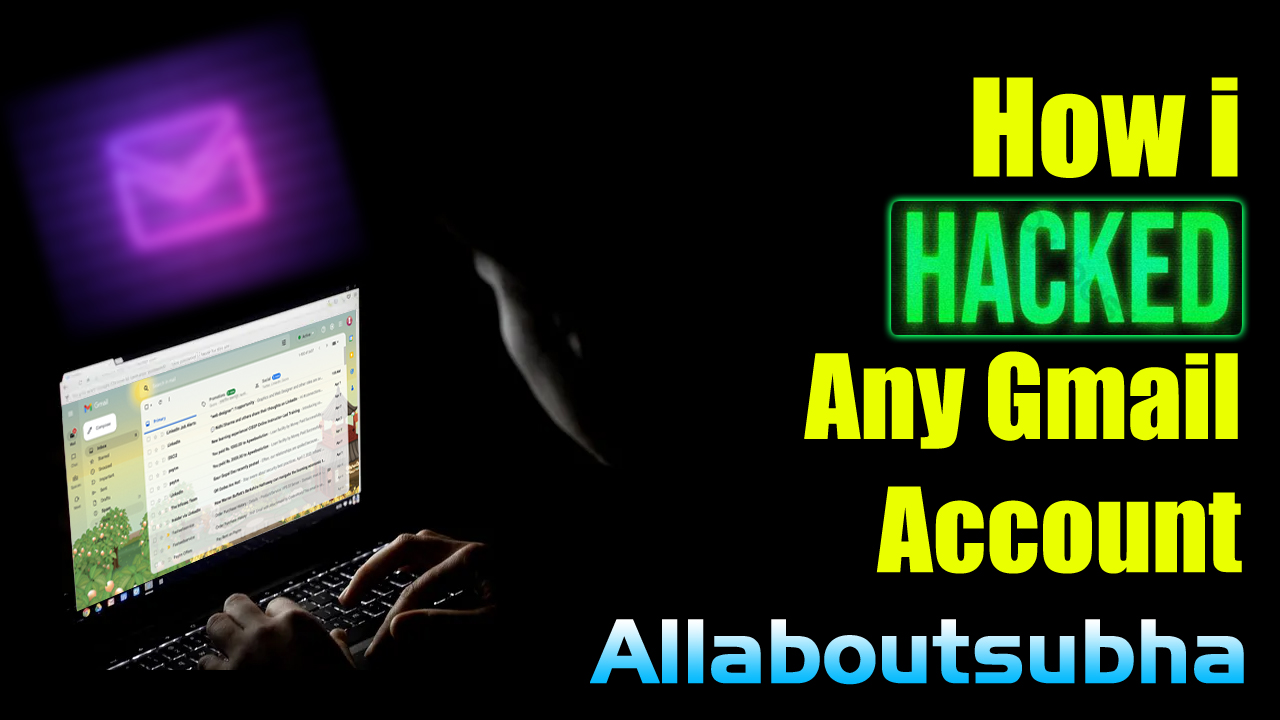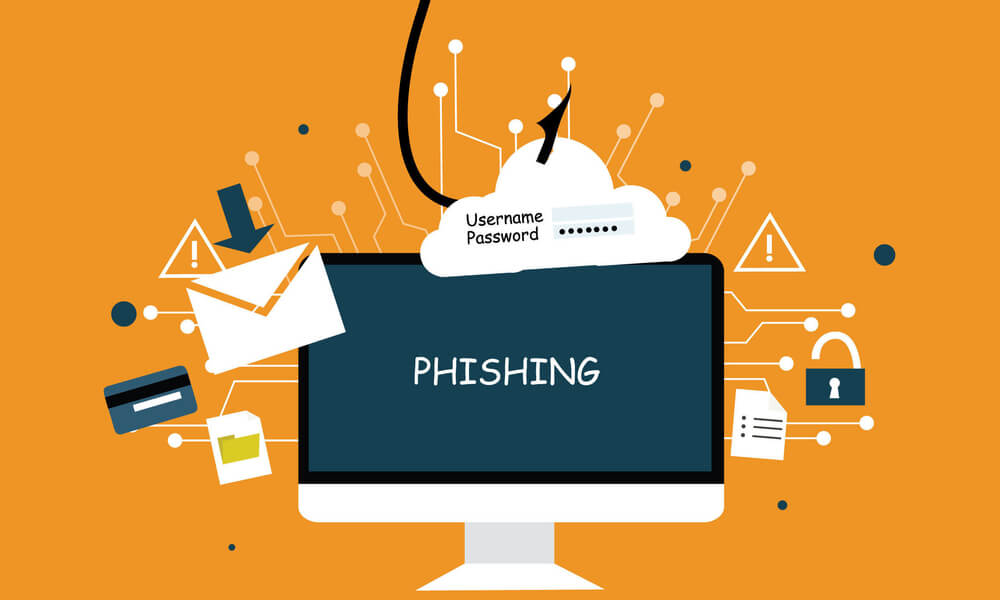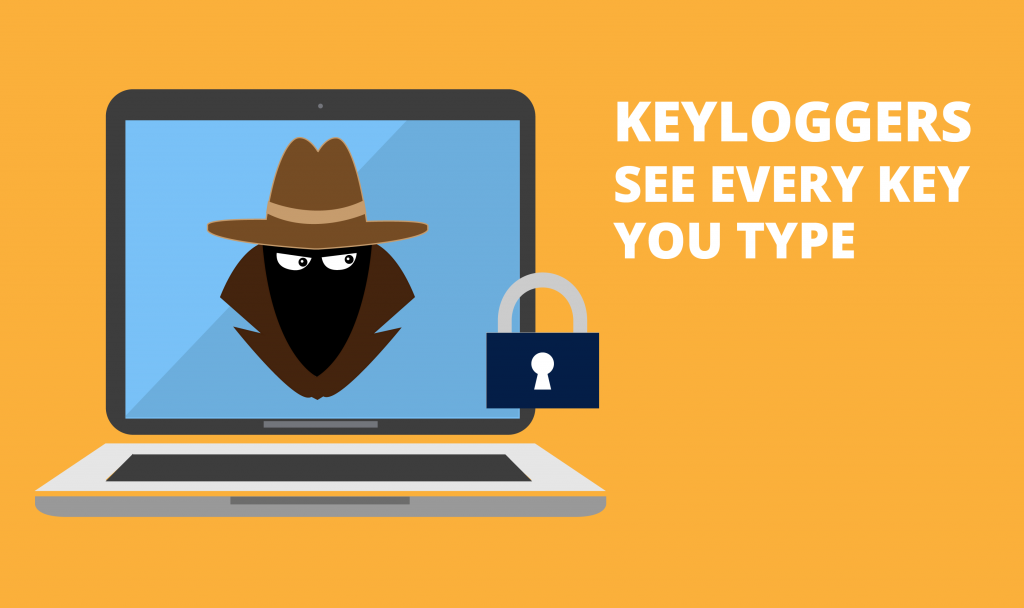Video Link: https://google.drive/how-to-hack-gmail
As email has become an essential part of our daily lives, Gmail has become one of the most popular email services used by millions of people worldwide. However, with the growing popularity of Gmail, the threat of hacking has also increased. Hacking a Gmail account can cause a great deal of damage, including identity theft, financial loss, and reputational damage. In this article, we will discuss how hackers hack Gmail accounts and how you can protect your Gmail account from being hacked.
How do hackers hack Gmail accounts?
Phishing scams
Phishing scams are one of the most common ways that hackers use to steal Gmail account credentials. In a phishing scam, the hacker sends an email that looks like it is from Google, asking the recipient to click on a link and enter their login credentials. The link takes the user to a fake login page, where the hacker can steal their username and password.
To protect yourself from phishing scams, you should always check the email address of the sender before clicking on any links. If the email looks suspicious, do not click on any links, and report the email as spam.
Brute force attacks
A brute force attack is when a hacker uses software to try different combinations of usernames and passwords until they find the correct combination. This is possible because many people use weak passwords, which are easy for hackers to guess.
To protect yourself from brute force attacks, you should always use a strong password that contains a mix of uppercase and lowercase letters, numbers, and special characters. You should also enable two-factor authentication, which requires a second form of verification, such as a text message or phone call, in addition to your password.
Keyloggers
Keyloggers are a type of malware that can record every keystroke made on a computer or mobile device. This means that hackers can use keyloggers to capture usernames and passwords entered by the victim.
To protect yourself from keyloggers, you should always use up-to-date antivirus software and keep your operating system and applications updated with the latest security patches.
Social engineering
Social engineering is when a hacker tricks the victim into revealing their login credentials. For example, the hacker might call the victim and pretend to be a Google employee, asking for their login credentials to resolve an issue with their account.
To protect yourself from social engineering attacks, you should never reveal your login credentials to anyone, even if they claim to be from Google. You should also be cautious of any unsolicited phone calls or emails that ask for your login credentials.
How to protect your Gmail account from being hacked?
Use a strong password
As mentioned earlier, a strong password is crucial to protecting your Gmail account from being hacked. You should always use a password that is at least eight characters long and contains a mix of uppercase and lowercase letters, numbers, and special characters. You should also avoid using the same password for multiple accounts.
Enable two-factor authentication
Two-factor authentication adds an extra layer of security to your Gmail account by requiring a second form of verification, such as a text message or phone call, in addition to your password. To enable two-factor authentication, go to your Google account settings and select "Security."
Keep your software up-to-date
Keeping your operating system and applications updated with the latest security patches is important to protect your Gmail account from being hacked. Hackers often exploit vulnerabilities in outdated software to gain access to a victim's computer or mobile device.
Be cautious of suspicious emails
As mentioned earlier, phishing scams are a common way that hackers use to steal Gmail account credentials. To protect yourself from phishing scams, you should always check the email address of the sender before clicking on any links. If the email looks suspicious, do not click on any links, and report the email as spam. You should also be cautious of any unsolicited emails that ask for your login credentials or personal information.
Use a VPN
A VPN (virtual private network) is a tool that can help protect your online privacy and security by encrypting your internet connection and hiding your IP address. By using a VPN, you can protect your Gmail account from being hacked by preventing hackers from intercepting your internet traffic and stealing your login credentials.
Use unique security questions
When setting up your Gmail account, you will be asked to choose security questions that will be used to verify your identity if you ever forget your password. To protect your Gmail account from being hacked, you should use unique security questions that are not easily guessable.
Monitor your account activity
Regularly monitoring your Gmail account activity can help you detect any unauthorized access to your account. You can check your account activity by going to your Google account settings and selecting "Security." From there, you can view a list of recent activity on your account, including login attempts and changes to your account settings.
Conclusion
Hacking a Gmail account can cause a great deal of damage, including identity theft, financial loss, and reputational damage. However, by following the tips mentioned in this article, you can protect your Gmail account from being hacked. Remember to use a strong password, enable two-factor authentication, keep your software up-to-date, be cautious of suspicious emails, use a VPN, use unique security questions, and monitor your account activity. By taking these steps, you can ensure the security and privacy of your Gmail account.
It's important to note that while these tips can significantly reduce the risk of your Gmail account being hacked, there is no guarantee that your account will be 100% secure. Hackers are constantly finding new ways to exploit vulnerabilities, and it's important to stay vigilant and aware of the latest security threats.
In addition to following these tips, it's also important to practice good online security habits, such as not sharing your login credentials with anyone, using a different password for each account, and avoiding using public Wi-Fi for sensitive activities.
If you suspect that your Gmail account has been hacked, it's important to take immediate action. Change your password immediately, and enable two-factor authentication if it's not already enabled. You should also review your account activity to see if there are any unauthorized access attempts or changes to your account settings. Finally, report the incident to Google's support team, who can provide further assistance in recovering your account and preventing future hacking attempts.
In conclusion, while the threat of hacking is real, there are steps you can take to protect your Gmail account. By following the tips mentioned in this article, and practising good online security habits, you can reduce the risk of your account being hacked and ensure the safety and privacy of your personal information. Remember to stay vigilant and aware of the latest security threats, and take immediate action if you suspect that your account has been compromised.
Source Code: Download








5 Comments
kubsundor bro
ReplyDeletedada index.php SRC koy dada
ReplyDeleteCode not working.. plzz resolve it
ReplyDeleteCode work but Google logo not show
ReplyDeleteWhere the code bro
DeleteThank you...